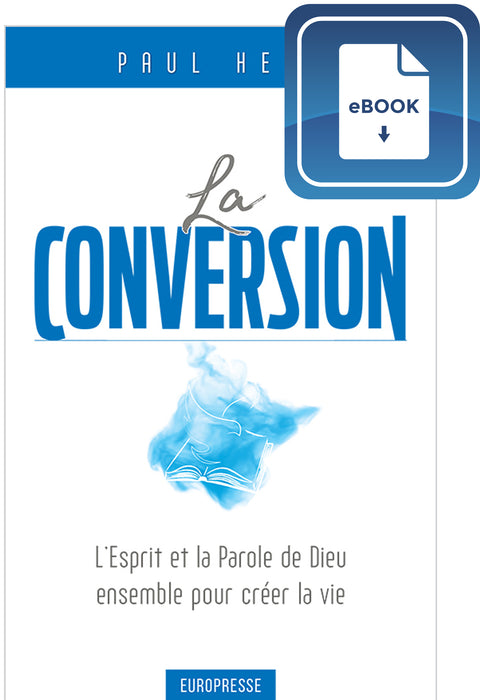
<transcy> The Beginnings (Paul Helm) (La conversion (Paul Helm))</transcy>
Presentation
An unconverted Christian is a contradiction in terms, an impossibility.
This is the clear testimony that the Bible never ceases to hammer home. Therefore, it is of the utmost importance to understand how spiritual life begins deep within a human being. This is called conversion. It is crucial to be very clear about what God has said in his Word about this work by which his life enters into the dead heart of sinful man.
- What does Scripture say?
- What is conversion?
- What isn't she?
This book sets out to examine in detail the various essential threads that form the fabric of this work of God. It discusses aspects such as awareness and conviction of sin, faith in Jesus Christ, and repentance towards God.
With great finesse and sharp precision, the author also tackles other areas, such as "legalism", which threatens Christians so much, the relationship between faith and assurance, as well as the need current for exact and precise language in evangelical circles to maintain a Christian preaching and experience that falls within a fully biblical framework.
Author
Paul Helm - Born in 1940, he is one of today's most prominent British theologians and philosophers. He is a specialist in the thought of Jean Calvin. Educated at the prestigious University of Oxford, he taught philosophy at the University of Liverpool, King's College London, a seminary in Scotland, before also teaching at Regent College in Vancouver. He is the author of numerous books and articles, several of which are in preparation in French.
Table of contents
Introduction
1. Christian conversion is the work of God
2. Conversion occurs by means of divine truth
3. The Holy Spirit uses the law AND l 'Gospel to effect conversion
1. Conviction without confession
Conviction
Is conviction enough?
The rich young man (Matthew 19: 16- 22)
Governor Felix (Acts 24)
Where is the problem?
Some conclusions
Does God play with human beings?
Elements, not stages
2. Repentance without Faith
What is repentance?
The relevance of repentance
The sorrow for sin without repentance
The rich young man (Matthew 19: 16-22)
The "Corinthian" contrast (2 Corinthians 7)
The repentance of Judas Iscariot (Matthew 27: 3-5)
A common denominator
In summary
3. Faith and Repentance
What is Faith?
True repentance: some examples
The Pharisee and the tax collector (Luke 18: 9-14)
Back to the “Corinthian” contrast (2 Corinthians 7)
Repentance and faith are inseparable
Repentance is not faith
Which comes first?
In summary
4. Problems & Objections
"Legalism"
Elements and not stages
Faith, assurance and the offering of the Gospel
Doesn't grace become "mechanical"?
Should we preach the law?
In summary
5. Some consequences
Justification and sanctification
The importance of the Christian experience
2. The personal character of the Christian experience is a powerful argument in favor of the veracity of the Christian faith
3. The Christian experience of divine grace plays an important role
Christian piety
The Word and the Spirit again
Our language
Epilogue
Details
Original title : The Beginnings
Author : Paul Helm
Publisher : Europresse
Pages : 154
Publication : October 2019
Dimensions : 5.43 "x 8.5"
Format : paperback
Weight : 200 g
